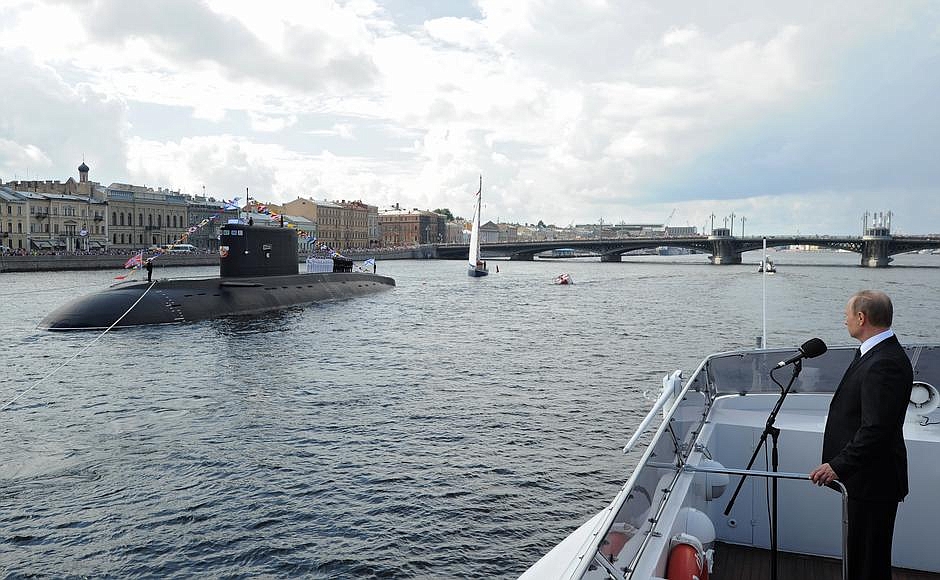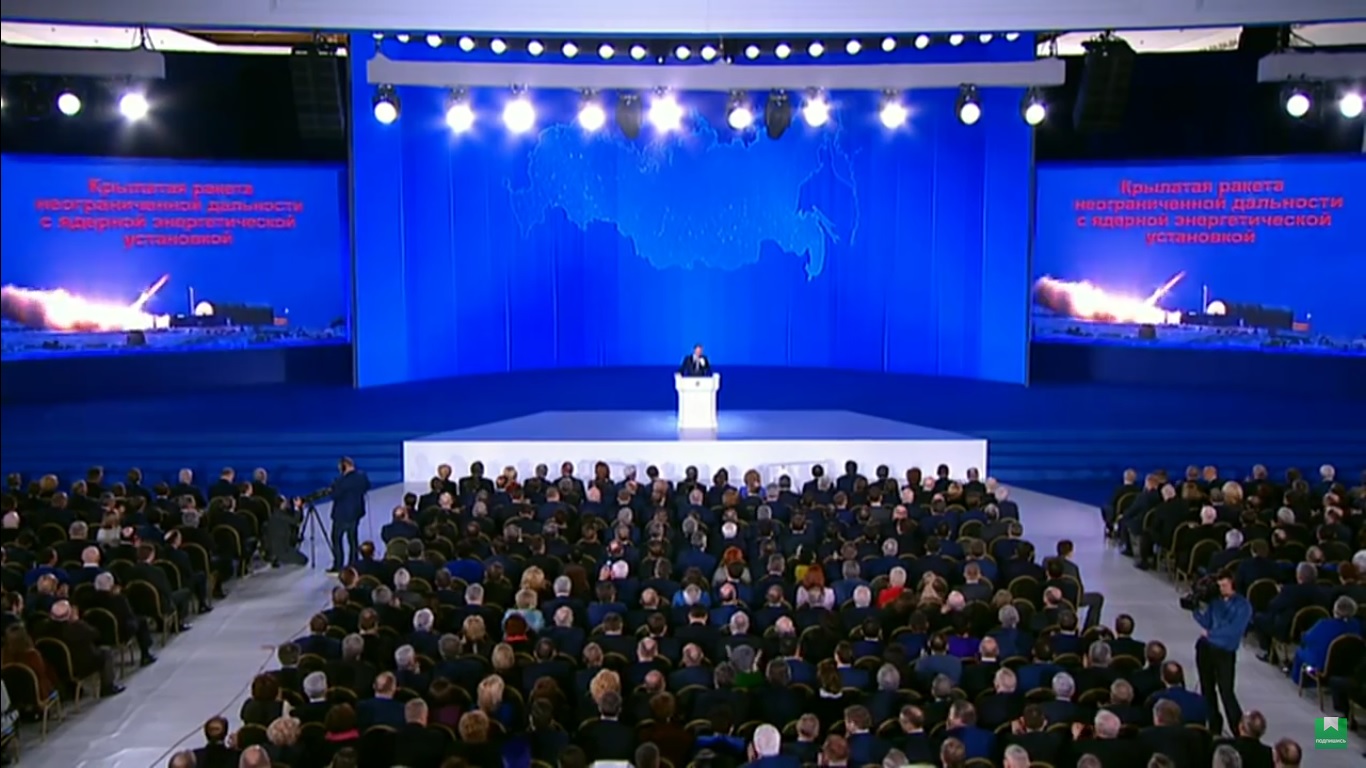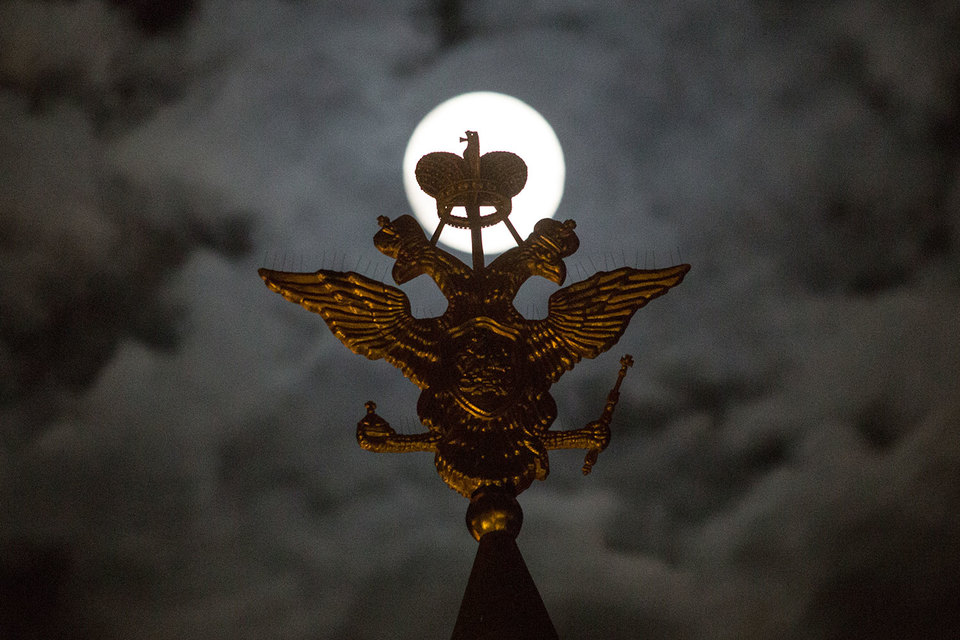Sergey Shoygu, Russia’s defense minister, says that Moscow will still build submarines – a giant one was launched this week – and will recondition its only aircraft carrier – despite rising costs – but will build frigates rather than larger ships, acknowledging that Moscow can no longer afford large surface ships for a blue water navy.
In reporting Shoygu’s assertion that the Russia’s main task is to attack coastal targets, Vzglyad journalist Andrey Rezchikov
says that according to experts with whom he spoke, the minister’s words mean that “Russia can no longer permit itself an oceanic fleet” consisting of large surface vessels as in Soviet times.
Military journalist Sergey Sochevanov, who edits the Flot.com portal, says that what Russia is doing is consistent with what many countries are as far as their navies are concerned, relying on smaller ships to do what they had assumed only large ones could do. And that Moscow will still send out these smaller ships into the distant seas.
But Konstantin Sivkov
, the first vice president of the Academy of Geopolitical Problems, takes a more jaundiced view. He says that Shoygu’s statement means that Russia is no longer planning to field a fleet as powerful as the American one and instead is focusing on coastal defense and those tasks that smaller ships can perform.
“The possibilities of the Russian navy are significantly more modest than the oceanic fleet which was constructed in the time of the USSR, and the defense minister in essence has confirmed this,” he says. And the minister’s words mean that Moscow will have to rely more on aviation and on submarines.
But Sivkov leaves no doubt as to why this decision was taken: Moscow hasn’t taken it because its strategy has changed but because it lacks the money to do otherwise. In sum, its strategy is being dictated by the lack of money to do otherwise, not the best way, he implied, to decide how to defend the country.
Related:
- Moscow acting in the Arctic the way Beijing is in the South China Sea, French analyst says
- Ten types of Russian weapons didn't work well in Syria, the Russian defense minister says
- Three signs Russian military and its political bosses are in trouble
- Weakness not strength behind Putin’s new doctrine for broader information war abroad and at home
- Putin and Russia both far weaker than many think, three analysts say
- The splendors and miseries of Russian special services
- Russian special services aren’t the all-powerful agencies many believe, Kirillova says
- Ten new and discouraging statistics perfectly capture Putin’s Russia
- A state of war exists between Russia and Ukraine, Portnikov says
- Western defeatism vis-a-vis Russia just as unjustified now as it was in 1979
- Russian pundit calls for Syria-style airstrikes against Ukraine





